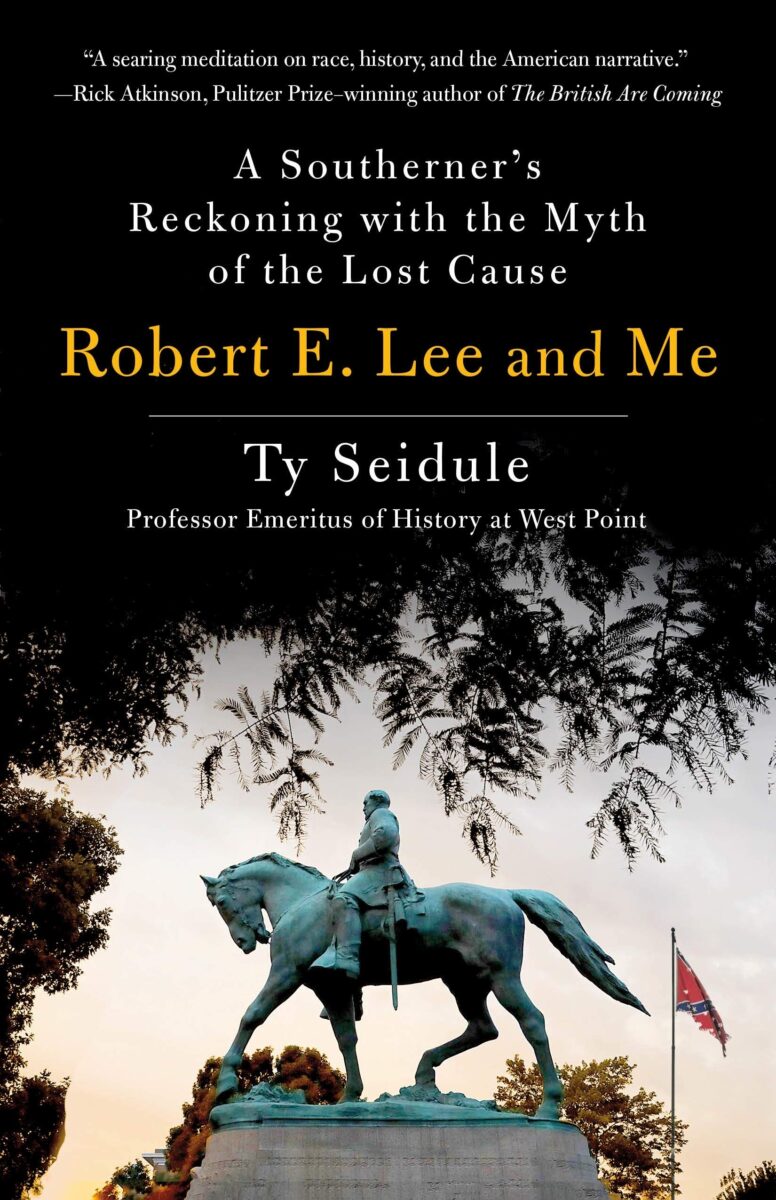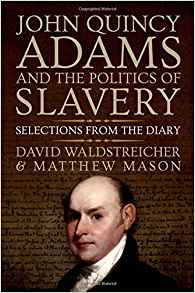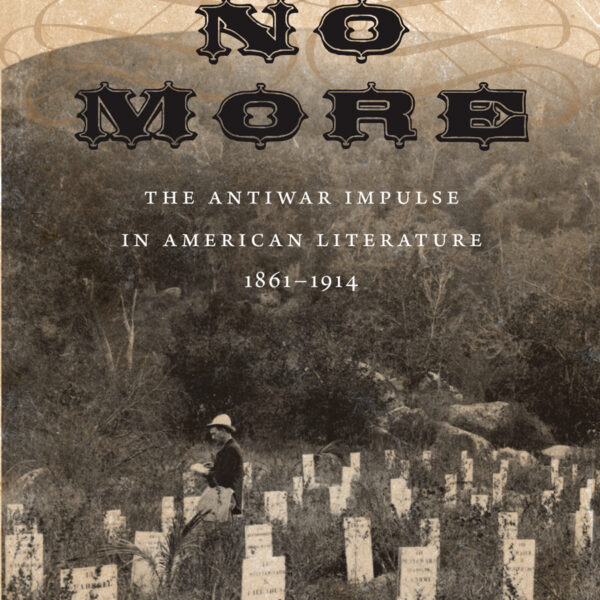All but one of the barracks at the United States Military Academy are named for high-ranking generals who distinguished themselves on the battlefield. That building is named for a U.S. army colonel who renounced his oath to the Constitution—a colonel who, for four years, on behalf of slavery and white supremacy, waged a treasonous rebellion against the United States. How could an institution devoted to the principles of duty, honor, and country celebrate a traitor? How, a century after his death, did Robert E. Lee continue to command the respect of the nation he fought to destroy? These questions animate West Point Professor Emeritus of History Ty Seidule’s new book—a carefully considered and compulsively readable account of the Lost Cause’s rise and resilience.
Robert E. Lee and Me is the latest addition to a growing subgenre of Lost Cause confessionals.[1] “Every place in my life reinforced the myths of the Civil War,” writes Seidule, a Washington & Lee University graduate who was born on the ninety-ninth anniversary of Pickett’s Charge. “Now, as a historian and a retired U.S. army officer, I must do my best to tell the truth about the Civil War, and the best way to do that is to show my own dangerous history” (8).
Braiding personal memoir and historical analysis, Seidule sets out “to uncover white supremacy and the Lost Cause in the places I’ve lived and the institutions that educated and gave me purpose” (41). He recounts the school textbooks, public monuments, filmic representations, and place names that celebrated the Confederate past at the expense of a real reckoning with the realities of slavery, lynching, and segregation. “For decades,” the author writes, “I believed the Confederates and Lee were romantic warriors for a doomed but noble cause” (9).
The author revisits the places of his youth—from Alexandria, Virginia, to Monroe, Georgia—but he is at his best when relating the long and curious history of Civil War memory at West Point. In the decades after the rebellion, the nation’s premier military academy made itself into an anti-Confederate monument. Over the course of the twentieth century, however, West Point came to regard Robert E. Lee as a figure worthy of veneration. Demonstrating that rebel monuments have always been about race, Seidule concludes that West Point “memorialized Lee in reaction to the integration of African Americans and the move toward equal rights” (197).
In a passionately argued concluding chapter, Seidule breaks with his past and charges Robert E. Lee with treason. Popular and scholarly writers alike have described Lee’s decision to cast his lot with the Confederacy as anguished though preordained. Seidule supplies some welcome context. “By May 1861,” he writes, “eight West point graduates from Virginia has a colonelcy in the U.S. Army” (223). Among them, only Lee opted to make war on his country. Building on the scholarship of the late historian Elizabeth Brown Pryor, Seidule makes clear that the Virginian not only maintained an “abiding belief in slavery,” but “profited from it far more than other army colonels” (226).
An effective antidote to the Lost Cause, Seidule’s book deserves both a wide readership and a place on undergraduate syllabi. “We find it hard to confront our past because it’s so ugly,” he writes, “but the alternative to ignoring our racist history is creating a racist future” (73).
Brian Matthew Jordan is Associate Professor of Civil War History and Chair of the Department of History at Sam Houston State University. His most recent book is A Thousand May Fall: Life, Death, and Survival in the Union Army (2021).





